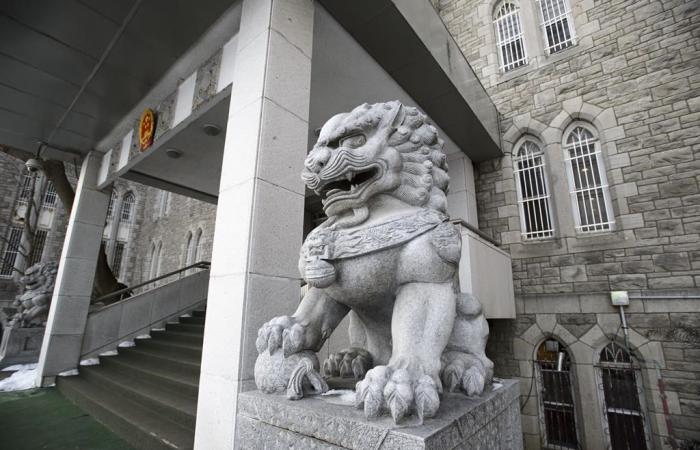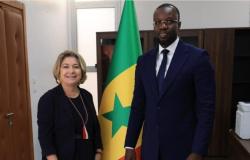The backlash comes after Ottawa sanctioned eight Chinese officials it accuses of “serious human rights violations” against ethnic and religious minorities, and expressed concerns about democracy in Hong Kong.
Ottawa issued a statement last month citing reports of arbitrary and violent detention of Uyghurs, as well as repression against Tibetans and Falun Gong practitioners.
Global Affairs Canada also deplores the fact that Chinese authorities are issuing international bounties for democracy activists in Hong Kong and former legislators from the territory, including Canadians.
Beijing says the allegations are baseless and has imposed sanctions on groups and activists in Canada who defend minorities in China, barring citizens from certain interactions with those activists.
Since then, Chinese state media has repeatedly called out Canada for its treatment of indigenous people, saying Ottawa is being hypocritical.
“Canada is not in a position to lecture others on human rights,” Chinese Foreign Ministry spokesperson Mao Ning said at a press conference on December 11. , according to an official translation.
“Even today, Indigenous peoples in Canada continue to face systemic racial discrimination and unfair treatment. Instead of dealing with it, Canada chooses to smear and vilify other countries.”
– Chinese Foreign Ministry spokesperson Mao Ning
According to Ms. Mao, “China has made enormous progress in human rights” that “no one without bias can deny.”
A day later, she added that “all this is nothing but a vile and hypocritical political stunt carried out by certain Canadian political figures under the pretext of human rights, to serve an unspeakable agenda and to please the United States” .
The Chinese embassy in Ottawa amplified these messages on social media, including a political cartoon from state media outlet CGTN showing a beaver with a tattered house telling a panda with an immaculate house that there has cracks.
In a periodic assessment of human rights issues in Canada, the United Nations noted that progress has been made on indigenous rights and housing, while urging more to be done.
In the November 2023 assessment, the UN called on various levels of Canadian government to end human rights abuses by Canadian mining companies abroad and the over-representation of minorities in prisons and prisons. child protection. The report also called on Canada to better respect the rights of indigenous peoples to “free, prior and informed consent.”
The same body’s assessment of China in January 2024 noted that the country had improved its policies towards women and children, but urged Beijing to act to ensure that “detainees are officially registered, can see their families and are detained in officially recognized places of deprivation of liberty.
The report urged China to “respect the rights to freedom of religion or belief, freedom of opinion and expression, and freedom of peaceful assembly and culture, including of Tibetans, Uyghurs and other minorities.
The report also said that anti-terrorism laws are not “consistent with international human rights law,” and that Beijing should “revise the national security law in Hong Kong accordingly.”






